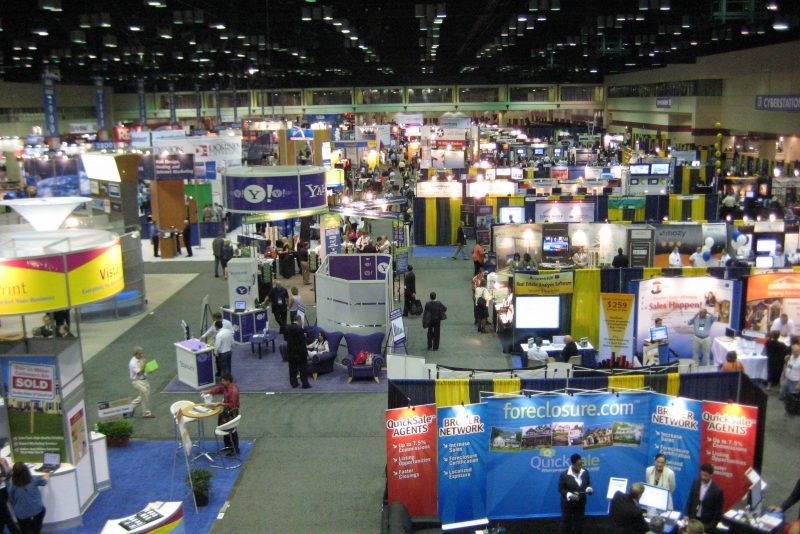Hiroko Tabuchi of the New York Times reports that labour practices in Japan contrast sharply with those in the United States, where companies are quick to lay off workers when demand slows or a product becomes obsolete. It is cruel to the worker, but it usually gives the overall economy agility. Some economists attribute the lack of a dynamic economy in Western Europe to labor laws similar to Japan’s that restrict layoffs.
Sony, a sprawling Japanese company with more than 146,000 employees, is under pressure. It has been outmaneuvered by more nimble competitors and its executives are trying to remake the company. Fixing Sony is especially critical after it snubbed the American activist investor Daniel S Loeb’s push to spin off part of Sony’s entertainment business. Its shares have fallen almost 10 per cent since Sony rejected his proposal last week.
Shusaku Tani is employed at the Sony plant here, but he doesn’t really work.
For more than two years, he has come to a small room, taken a seat and then passed the time reading newspapers, browsing the Web and poring over engineering textbooks he dug up from his college days. He files a report on his activities at the end of each day.
Sony is Tani’s employer of 32 years, consigned him to this room because they can’t get rid of him. Sony had eliminated his position at the Sony Sendai Technology Center, which in better times produced magnetic tapes for videos and cassettes. But Tani, 51, refused to take an early retirement offer from Sony in late 2010 – his prerogative under Japanese labor law.
So there he sits in what is called the “chasing-out room.” He spends his days there, with about 40 other holdouts.
“I won’t leave,” Tani said. “Companies aren’t supposed to act this way. It’s inhumane.”
The standoff between workers and management at the Sendai factory underscores an intensifying battle over hiring and firing practices in Japan, where lifetime employment has long been the norm and where large-scale layoffs remain a social taboo, at least at Japan’s largest corporations.
Sony wants to change that, and so does Prime Minister Shinzo Abe. As Japan’s economic recovery sputters, reducing the restraints on companies has become even more important to Abe’s economic plans. He wants to loosen rigid rules on job terminations for full-time staff.
Read Further at : http://www.nytimes.com/2013/08/17/business/global/layoffs-illegal-japan-workers-are-sent-to-the-boredom-room.html?pagewanted=all&_r=0


